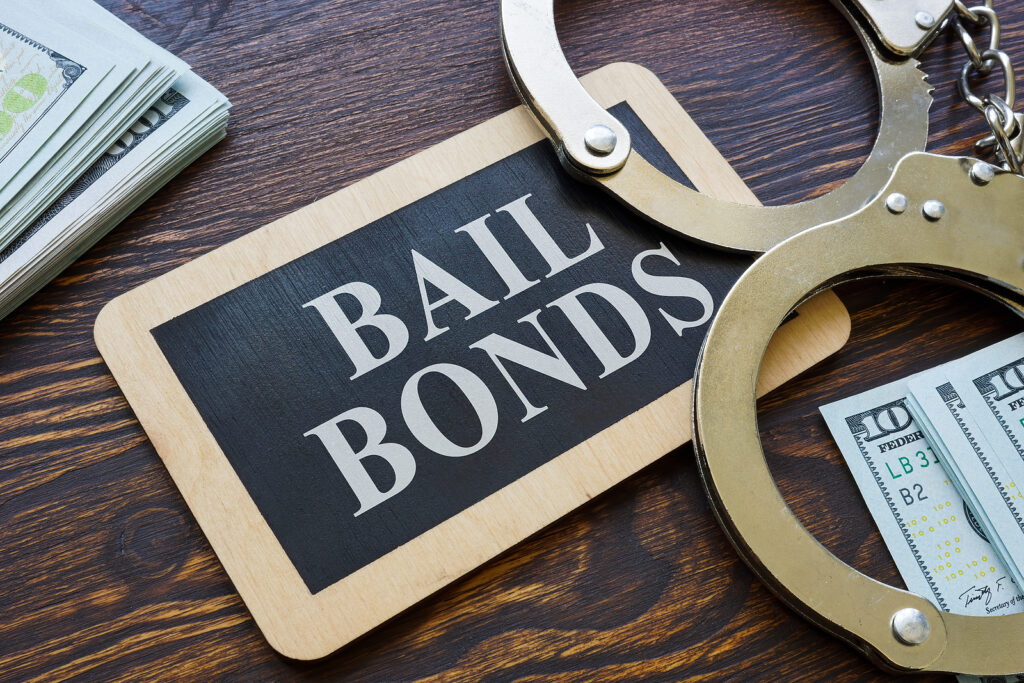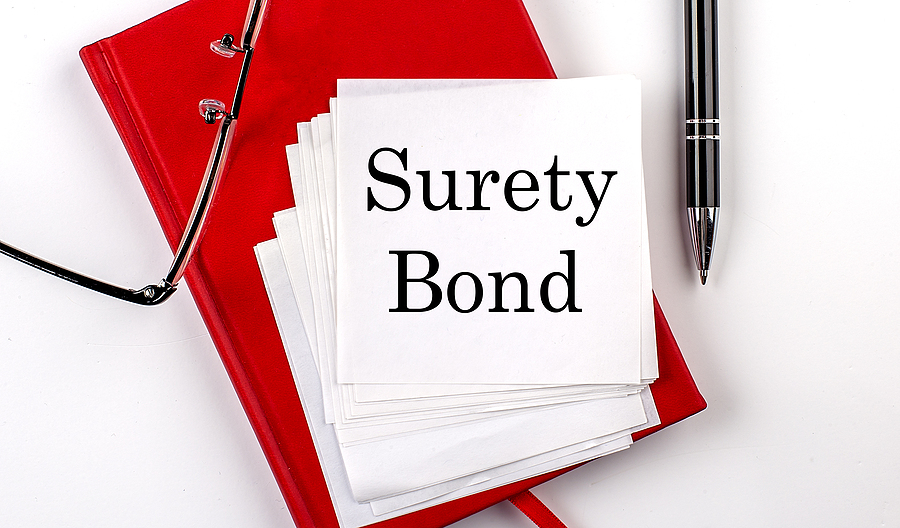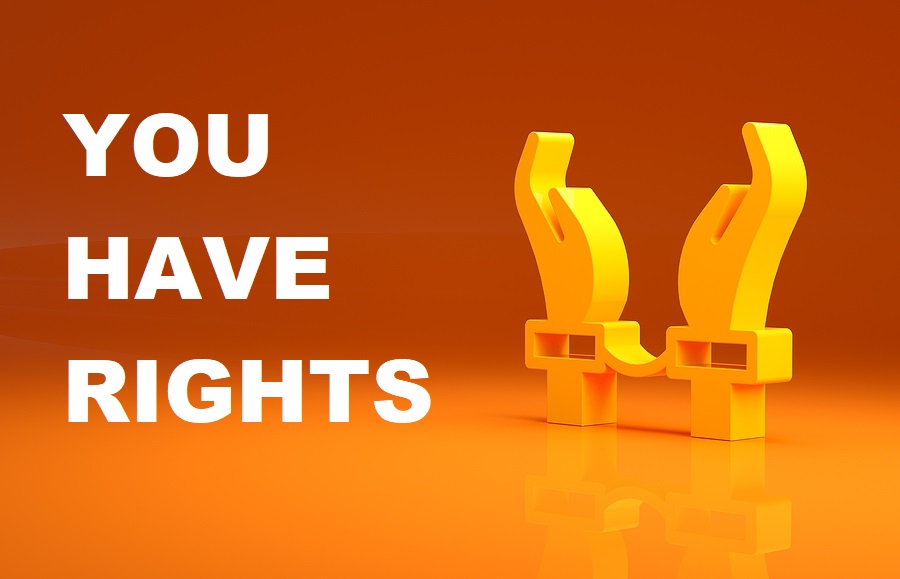When you or a loved one has been arrested, the first step is often to post bail. Bail bonds are an important part of the criminal justice system and can be confusing for those unfamiliar with how they work.
If you or someone close to you needs help understanding the process of posting bail using a bond, this blog post will answer some common questions about making a bail bond payment. We’ll cover topics such as collateral requirements, payment methods, and more so that you can make an informed decision when it comes time to pay your bond. So, let’s dive in!

Frequently Asked Questions About Bail Bond Payments
What is a Bail Bond?
A bail bond is an agreement between the court, the person posting bail (known as the obligor), and the bondsman. The bondsman agrees to pay the full amount of the bond to the court if all conditions of release set by the court are met. In exchange for this promise, a fee equal to a percentage of the total amount must be paid up front.
How Much Does a Bail Bond Cost?
Bail bonds are a common way for people to get out of jail while they await trial. A bail bond is essentially a promise to the court that the defendant will show up for their court date. However, bail bonds can be quite expensive. In most cases, a bail bond company will charge between 10% and 15% of the total bail amount as a fee. So, if the bail is set at $10,000, the bail bond fee would be between $1,000 and fifteen hundred dollars.
It’s important to note that bail bond regulations and fees can vary from state to state, so it’s important to do your research and find a reputable bail bond company. Additionally, it’s important to read and understand the terms of the bail bond agreement before signing on the dotted line. Overall, while the cost of a bail bond can be steep, it’s often a better option than sitting in jail while awaiting trial.
What Types of Bail Bonds are Available?
When someone is arrested, the court may set bail in order to release them before their trial. This is where bail bonds come in. There are several types of bail bonds available, depending on the situation. One common type is a cash bond, which is paid in full by the defendant or their representative. Another option is a collateral bond, which is secured by property or assets. This is often used when the cash bond is too high for the defendant to pay. While bail bonds may seem complex, they serve an important purpose in helping individuals get released from jail while still ensuring they show up for their scheduled court appearances.
How Do Collateral Bail Bonds Work?
Collateral is property or assets used to secure a bail bond payment. It can include, but is not limited to, real estate, cars, boats, jewelry, stocks/bonds, life insurance policies, or cash. Depending on the amount of the bond and your credit score, you may be asked to provide collateral in order for your bond to be accepted.
Who Can Pay for a Bail Bond?
Generally, any legal adult who has access to the required funds can pay for a bail bond on behalf of the defendant. This includes friends, family members, or even the defendant themselves if they have the resources. Additionally, a cosigner may be required to sign the bail bond agreement with the bail bond agency. The cosigner is responsible for ensuring that the defendant attends all court hearings and follows the guidelines set forth in the agreement. Ultimately, paying for a bail bond may seem daunting, but with the help of trusted individuals and a reliable bail bond agency, those in need of posting bail can do so without emptying their bank account.
Which Payment Methods Can I Use to Pay for a Bail Bond?
Bail bond payments usually require cash or surety, such as credit cards, bank drafts/checks, money orders/cashier’s checks, etc. Some companies may also accept payment plans if approved.
How Long Does It Take to Have My Bail Bond Payment Processed?
The length of time depends on the type of payment you are using and whether or not collateral was required. Generally speaking, most bonds are processed within 24 to 48 hours, but it may take up to a week if collateral is required.
In Summary
We hope that this blog post has helped you understand the process of making a bail bond payment. If you still have questions about the payment process or how bail bonds work in general, please contact your local law enforcement agency for more information. They will be able to provide more specific details based on your individual situation.
Would you like to learn more about how bail bonds work in Indiana? Do you need some advice on getting a friend or loved one out of jail? Don’t hesitate to reach out to Woods Bail Bonds at 317-876-9600 for trusted 24 hour bail bond services in Indianapolis, Indiana. We serve over 30 counties throughout the state. Request a free estimate or information, anytime.
Related Posts:
Tips and Strategies for Paying Bail Without a Cosigner
The Unconstitutionality of Excessive Bail Under the 8th Amendment
Understanding the Difference Between Cash and Surety Bonds in Indiana









